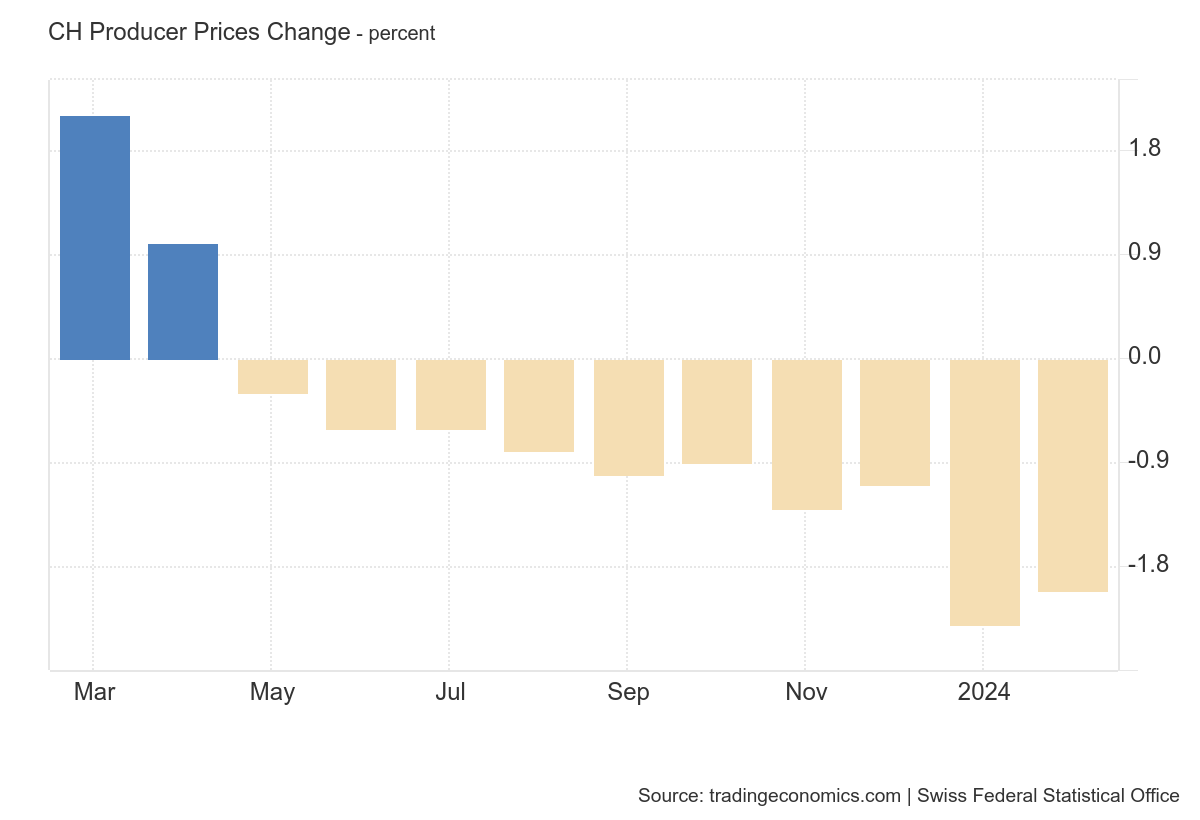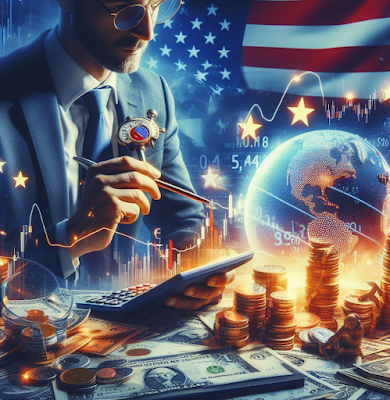If there is one thing the whole world knows, U.S. officials will not permit anyone to maintain a friendly or even a neutral relationship with respect to Russia and Russian president Vladimir Putin. If some foreign regime doesn’t stand squarely with the United States with respect to the Ukrainian conflict, it is considered an enemy and will likely be hit with a strong case of economic sanctions. Just ask China.
It’s no different, of course, with American citizens. Everyone is expected to fall into line. Those who don’t are considered to be unpatriotic or, even worse, traitors. The New York Times points out this phenomenon in an op-ed today entitled “The Friend of Our Enemy Is Not a ‘Traitor’” by Peter Beinhart. The article gives examples of how former Democratic Representative Tulsi Gabbard and Fox News commentator Tucker Carlson are being called traitors or Putin lovers for challenging or questioning U.S. foreign policy.
It was no different during the Cold War. Pentagon and CIA officials maintained that there was no room for friendship with the Soviet Union or even neutrality. They considered the Cold War to be a very real war to the finish, one in which there was going to be a winner and a loser.
Anyone who didn’t stand squarely with the United States was considered a wartime enemy and would be dealt with accordingly.
The democratically elected president of Guatemala, Jacobo Arbenz, discovered what this meant. After being elected, he announced that he had no interest in siding with the United States in its Cold War against Russia and the rest of the Soviet Union. But he went further than neutrality. He actually established peaceful and friendly relations with the communist world.
Consequently, U.S. officials deemed Arbenz to be an enemy of the United States. In the eyes of the Pentagon and the CIA, no one had the right during wartime to befriend the enemy. Arbenz was targeted for regime change, specifically a coup orchestrated by the CIA in 1953.
As part of its coup, the CIA had an assassination list. They still won’t let us see who was on the list (“national security”) but there can be no doubt that President Arbenz was at the top. The position of the Pentagon and the CIA was: If you befriend our enemy, especially as president, you make yourself an enemy and we have the right to assassinate you.
Arbenz was lucky. He was able to escape the country before they could assassinate him. The CIA replaced him with a brutal military dictator who immediately embraced the U.S. anti-Soviet, anti-communist Cold War crusade.
The same thing happened in 1970. The people of Chile democratically elected a socialist physician named Salvador Allende to the presidency of their country. Like Arbenz before him, Allende made it clear that Chile would establish friendly relations with the Soviets and also the Cubans. He even invited Cuban communist leader Fidel Castro to come to Chile and tour the country with him.
As with Arbenz, that made Allende an enemy of the United States. Remember, the Cold War was still going strong. Even worse, the communists were defeating the United States in Vietnam. As a wartime enemy of the United States, Allende was targeted with a regime-change operation that left him dead. As with Arbenz, he was replaced by a brutal military dictator whose goons proceeded to round up some 60,000 innocent people and torture, rape, abuse, disappear, or kill them, including two Americans citizens, Charles Horman and Frank Teruggi.
 As I recount in my new book An Encounter with Evil: The Abraham Zapruder Story, after the Cuban Missile Crisis, President Kennedy did what Arbenz had done and what Allende would do. He rejected the Pentagon’s and the CIA’s Cold War mindset. In fact, by this time he held the CIA and the military establishment in deep disdain.
As I recount in my new book An Encounter with Evil: The Abraham Zapruder Story, after the Cuban Missile Crisis, President Kennedy did what Arbenz had done and what Allende would do. He rejected the Pentagon’s and the CIA’s Cold War mindset. In fact, by this time he held the CIA and the military establishment in deep disdain.
In his Peace Speech at American University in June 1963, Kennedy announced what Arbenz had announced and what Allende would announce. He said that the United States would no longer follow an anti-Russia, anti-Soviet, anti-communist foreign policy. Instead, like Arbenz and Allende, he said that the United States would establish a peaceful and friendly relationship with the Soviets and the Russians, notwithstanding their different ideology.
Remember, this was 1963, the height of the Cold War. The Soviets were continuing their brutal post-war occupation of Eastern Europe and East Germany. The Vietcong and the North Vietnamese communists were threatening to take over South Vietnam. The Berlin Wall had gone up. The Soviets had installed nuclear missiles in Cuba pointed at the United States. Soviet Premier Nikita Khrushchev had promised to “bury” us.
And here was a U.S. president actually thinking that he was going to play nice with Russia — a president who actually ordered a withdrawal of U.S. troops from Vietnam at the very time that the communists were threatening to take over the country — a president who actually came to the defense of the civil rights movement, which the national-security establishment was certain was a communist front.
Can you imagine? How naive was that? At least, that was the thinking of the Pentagon and the CIA. But it was much worse than that. Like Arbenz and Allende, Kennedy had converted himself into an enemy of the United States. As far as the Pentagon and the CIA were concerned, Kennedy’s actions were certain to take down the country, which would mean a communist takeover of the United States.
On the day of the assassination, Kennedy had an emissary having lunch with Fidel Castro. Imagine the reaction of the Pentagon and the CIA when they discovered the following message that Kennedy sent Castro through his emissary: “I approved the proclamation which Fidel Castro made in the Sierra Maestra, when he justifiably called for justice and especially yearned to rid Cuba of corruption. I will go even further: to some extent it is as though Batista was the incarnation of a number of sins on the part of the United States. Now we shall have to pay for those sins. In the matter of the Batista regime, I am in agreement with the first Cuban revolutionaries. That is perfectly clear.”
As I show in my new book An Encounter with Evil: The Abraham Zapruder Story, that’s why they needed to target Kennedy for regime change — for the same reason they targeted Arbenz and, later, Allende. Any political leader who was befriending Russia was automatically considered to be an enemy of the United States and a grave threat to “national security.”
To gain a clear understanding of where we are today as a nation and what we need to do to get back on the right track before it is too late, I invite you to read my new book. It can be purchased at Amazon: $9.96 Kindle version; $14.95 print version.
Full story here Are you the author? Previous post See more for Next postTags: Featured,Hornberger's Blog,newsletter






















